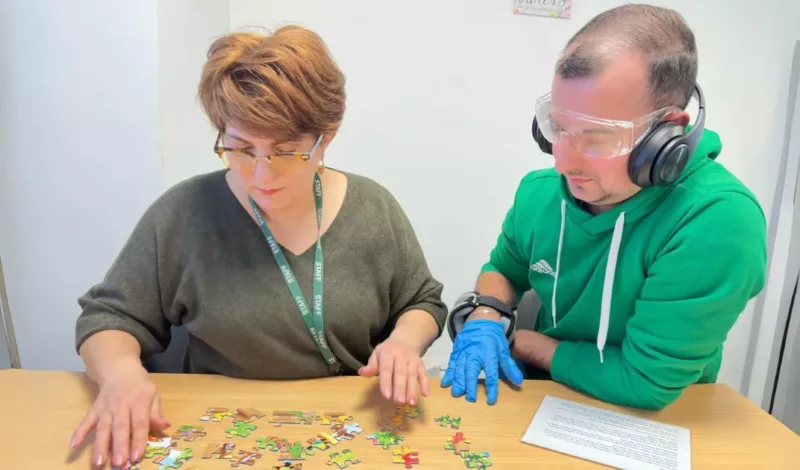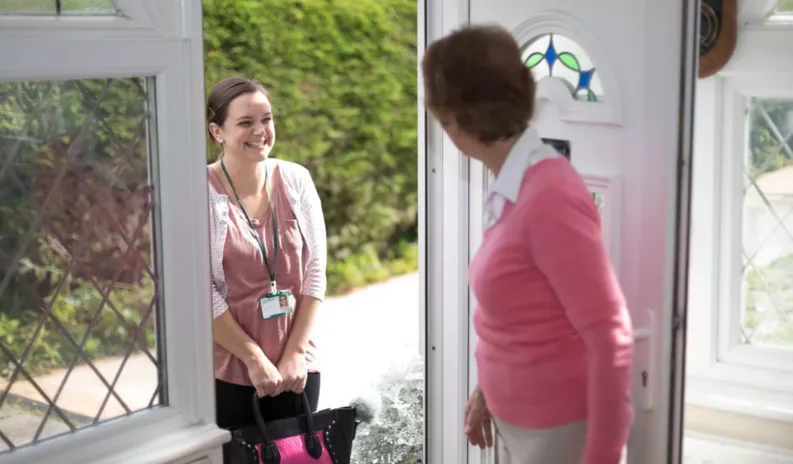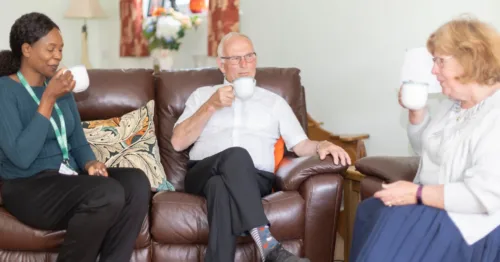
Convincing ageing parents to accept help – whether it’s a few hours of companionship a week or full-time live-in care – can feel like walking a tightrope. You want to protect their dignity, respect their autonomy, and still ensure they’re safe and well.
And often, it’s not just care they’re resisting, it’s what care represents.
“I don’t need help”
One of the most common phrases we hear from older adults is, “I’m fine.” Even when it’s clear they’re not coping as well as they used to, the idea of accepting care can feel like surrendering control or admitting weakness.
This resistance isn’t stubbornness, it’s deeply human. For generations who cared for family themselves, or who pride themselves on self-reliance, the shift to needing care can feel like a threat to identity.
The emotional weight of spending life savings
Another sensitive topic is the cost of care. Many older people feel uncomfortable or even guilty about spending their hard-earned savings on themselves. They may want to leave something behind for their children, or simply believe that care is a luxury, not a necessity.
But the truth is this: What are savings for, if not to ensure comfort, dignity, and safety in later life?
Helping parents reframe care not as an extravagance, but as an investment in their own wellbeing, can be a turning point. After all, care isn’t just about assistance, it’s about enjoying life more fully and safely.

How to approach the conversation
If you’re finding this journey difficult, you’re not alone. Here are some thoughtful approaches that can help:
- Start early and keep it casual
Begin the conversation before there’s a crisis. Talk about what they’d want in future scenarios. Ask how they feel about different types of help. Plant the seed, and revisit gently over time.
- Focus on specifics
Rather than talking about “getting care,” highlight areas where support could make life easier for example, housework, medication reminders, company on walks, or help with personal care.
- Use the language of independence
Sometimes, counterintuitively, accepting help can preserve independence. A care professional can help someone stay in their home longer, rather than moving into residential care. Frame care as enabling freedom and not taking it away.
- Introduce care gradually
Start with short visits or companionship care to build trust and familiarity. When people get to know their care professional and see the benefits, resistance often fades.
- Listen, don’t lecture
Allow space for fears and frustrations to come out. Empathy goes a long way. This is a major life change, and their feelings are valid.

At GoodOaks, we understand
We’ve supported hundreds of families through this exact situation. Our teams are not just care professionals, they’re people who understand how personal this decision is.
We take a compassionate, family-centred approach, working closely with clients and their loved ones to design a care plan that feels right.
If you’re starting this journey with a parent or loved one and you’re not sure where to begin, we’re here to talk with no pressure and no obligations.
Just honest guidance from people who care.
Get in touch with the GoodOaks team here.



